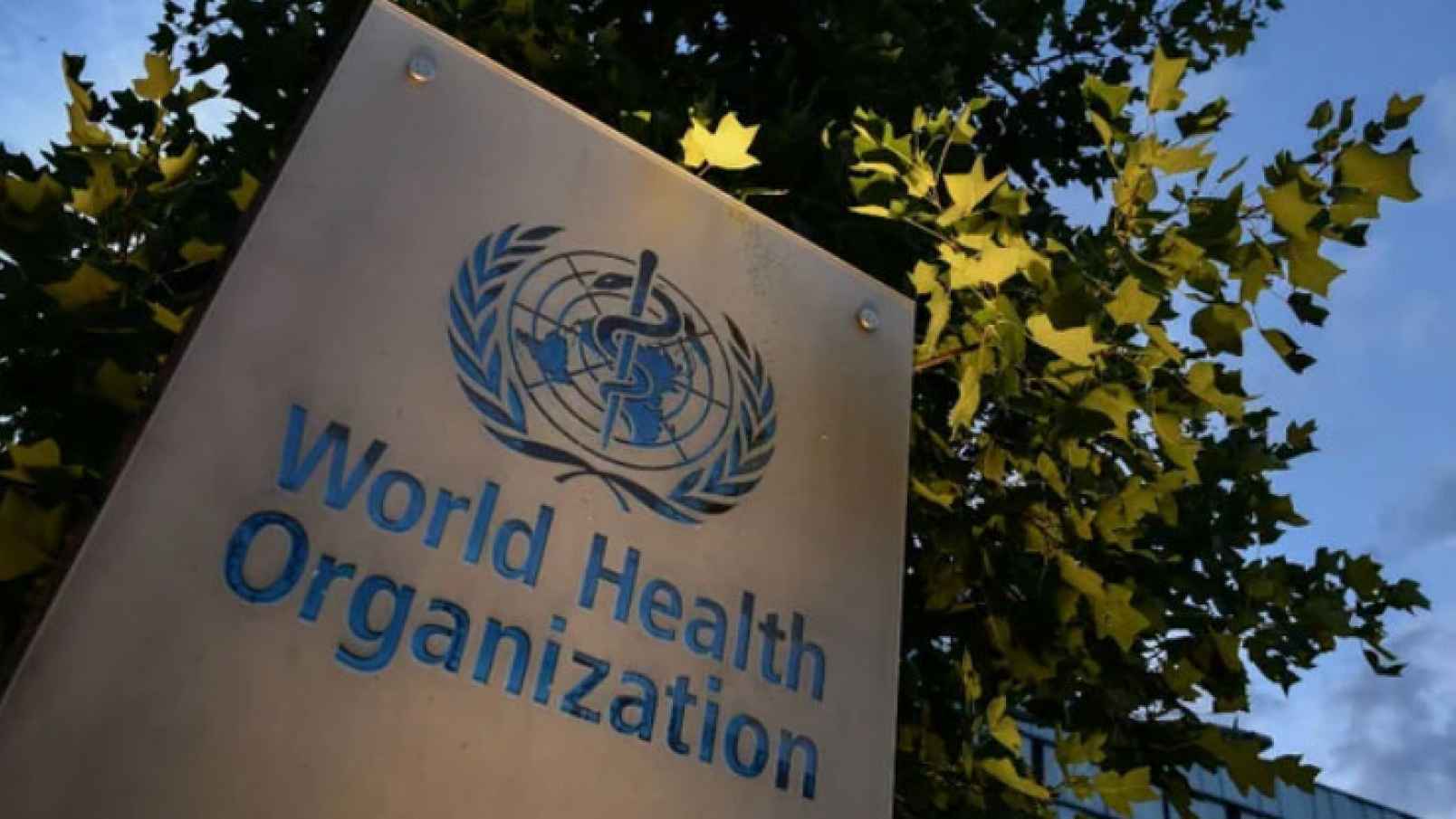By Mark Anderson
RIO DE JANEIRO, BRAZIL – In the wake of the 75th World Health Assembly on 22–28 May 2022, the Geneva-based World Health Organisation (WHO), a United Nations agency, plans to draw more heavily on member states to boost the agency’s budget significantly while seeking additional authority.
This plan comes amid an intensified focus on expanding and more strictly implementing the International Health Regulations (IHR)—to which the US Department of Health and Human Services (HHS) submitted proposed amendments early this year.
Read also: Check out our coverage on curated alternative narratives
According to the official transcript of a WHO press conference on 1 June, WHO Director-General Tedros Ghebreyesus, referring to the just-completed assembly, stated the following:
As usual, WHO’s Member States discussed a huge range of issues but the most significant decision of the week was the assembly’s adoption of a landmark resolution to increase assessed contributions, the membership fees that countries pay, to a target of 50% of our base budget by the end of the decade, from just 16% now.

This change will give WHO the flexibility and predictability to plan for long-term programming in countries, and to attract and retain the people we need to deliver those programs.
That represents a 34% increase in the WHO budget. He also emphasized the aim of strengthening the WHO in the area of “governance”—which is code for unelected bureaucrats interacting with the private sector in public-private partnerships to foist changes upon the world, usually outside the confines of elected legislatures.
The Director-General spelled out how this interference would operate:
Along with this, WHO is committed to stronger governance, accountability, and efficiency. The assembly also made important decisions on strengthening WHO’s preparedness for and response to health emergencies, including making targeted amendments to the International Health Regulations.
Referring to an anticipated world pandemic treaty and a “stronger global [health] architecture,” Tedros Ghebreyesus, acknowledging that he will retain the top seat at the agency, continued:
Alongside a new international accord on pandemic preparedness, a sharpened IHR will be a critical piece of a stronger global architecture for health emergency preparedness and response. I am also [. . .] honored that the Member States elected me for a second term.
GOVERNMENTS IN LOCKSTEP
The list of 25 world leaders who authored that statement bears more than a passing resemblance to a list of attendees at a Bilderberg Group, World Economic Forum, or G7 meeting. Besides Boris Johnson, the list includes Dutch Prime Minister (and frequent Bilderberg attendee) Mark Rutte; WHO Director-General Tedros Ghebreyesus; and Volodymyr Zelensky.
Others include Spanish premier Pedro Sánchez, French President Emmanuel Macron, German Chancellor Angela Merkel, Norwegian Prime Minister Erna Solberg, and European Council President Charles Michel, along with the heads of government of South Africa, Rwanda, Kenya, Greece, Albania, Tunisia, Senegal, Serbia, Indonesia, Trinidad and Tobago, Costa Rica, Chile, and South Korea.
The WHO also is trying to attain what is strikingly called “Triple Billion targets”, as well as the “health-related” Sustainable Development Goals (SDGs) of the United Nations. SDGs are all-encompassing benchmarks that are tied to various concepts, especially “climate change” in terms of emissions goals.
The SDGs are a core component of the UN’s infamous Agenda 2030 and are unequivocally designed for straitjacketed global governance. So to see these rules tied to “health” is indicative of a major power grab by the WHO—which would open the door for Big Pharma to push its dangerous vaccines on the public through a more one-size-fits-all approach. The same apparently goes for “personal protection equipment”, which includes face masks.
“The Triple Billion targets are an ambitious initiative to improve the health of billions of people by 2023”, WHO literature explains in the vague, multi-faceted language of globalese, which tends to make power grabs harder to detect. A paragraph of this globalese will suffice to close this article:
They are the foundation of WHO’s Thirteenth General Programme of Work (GPW 13) acting as both a measurement and a policy strategy. They are an integral part of the GPW 13’s Results Framework, a new tool designed to measure and improve WHO’s impact on health at the country level.
Measurement of these targets is closely aligned with those of the Sustainable Development Goals [. . .] to accelerate progress towards achieving key targets.”
This post is mirrored and was published first here.

